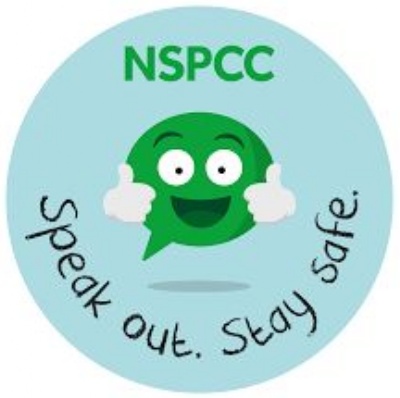Safeguarding at St Mary's
St Mary's School considers the safeguarding to be paramount. We are committed to safeguarding your children and our staff. We have a duty to ensure that no child or staff member in our care is at risk or at harm, at any time, particularly when they are at school. This page focuses on how we safeguard your children.
WHAT IS SAFEGUARDING?
It can be difficult to accept or comprehend, but all children can be at risk of harm or abuse. Safeguarding legislation and government guidance says that safeguarding means that professionals have a duty to:
- protect children from maltreatment
- prevent impairment of children's health or development
- ensure that children grow up in circumstances which are safe
- take action to enable all children to have the best outcomes
The government advise that: "the action we take to promote the welfare of children and protect them from harm is everyone's responsibility. Everyone who comes into contact with children and families has a role to play".
Although all staff have a responsibility for children's safeguarding the following staff have a key responsibility to take action if they have concerns.
|
Designated Safeguarding Lead Mrs Lucy Buckland |
Deputy Designated Safeguarding Lead Mrs Theresa McDonagh |
Ms Jan Downie (CoG) is the Designated Governor for Safeguarding
WHAT DOES THIS MEAN IN PRACTICE?
The School has a legal obligation to:
- Ensure our practice and procedures are safe and that we do all we can to keep children safe in school.
- Support families in helping them keep their children safe from harm.
- Work with other agencies such as Children's Services, the Special Needs team, Behaviour Support and the school nursing service to support families in meeting the needs of their child
- Report any concerns about a child if it is felt that the child may be subject to neglect, or physical, emotional or sexual abuse. This includes concerns about the child in the home and the wider environment. If we have such a concern, we will contact Children's Services at the Local Authority to ensure that concerns are dealt with in a manner which makes the well-being of the child a priority. We appreciate that parents and carers can find these events very worrying and upsetting. Whenever possible, we will discuss concerns with parents before seeking advice to safeguard a child; however, there are some occasions when we are obliged to seek support from a professional trained to investigate safeguarding concerns.
TRAINING
All school staff have a responsibility to provide a safe environment in which children can learn. All staff receive training and regular safeguarding updates. The Safeguarding Lead and Deputy Safeguarding Leads have additional training so that they can carry out their responsibilities effectively. The Safeguarding Leads give advice to staff and also liaise closely with other services such as Children's Social Care.

NSPCC Speak Out, Stay Safe
Speak out. Stay safe. is a programme for children aged 5-11 which aims to help children understand abuse in all its forms and to recognise the signs of abuse. Children are taught to speak out if they are worried, either to a safe adult or Childline.
This child friendly programme is aligned with the curriculum and consists of age appropriate virtual assemblies and supporting classroom based activities which we have reviewed, alongside NSPCC volunteer led face to face workshops for children aged 6-7 and 9-11. The content is delivered in an engaging and interactive way with the help of the NSPCC mascot Buddy.
As a result, the children will be able to identify safe adults they can speak to if they are worried about themselves or a friend. They understand that by speaking up, they can get the help they need and are aware of the NSPCC ChildLine phone number as an extra source of support.
For more information about the programme and how you can reinforce these messages at home, please visit:
https://www.nspcc.org.uk/keeping-children-safe/our-services/working-with-schools/


